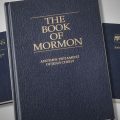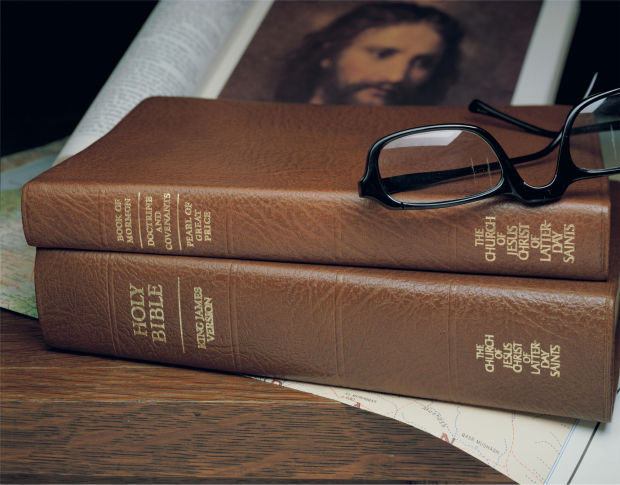Question
Gramps,
What is the real meaning behind the Bible’s “Judge Not, That You Be Not Judged?.”
Tracie
Answer
Dear Tracie,
In my view this verse is more well known than virtually any other verse in the holy bible, including John 3:16, Acts 4:12, and other widely known verses that have broke into popular culture. Sadly, even though it is incredibly well known, it’s also arguably one of the most misunderstood.
First off, let’s look at the complete verse in its context. Matthew 7:1-3.
“Judge no, that ye be judged,
For with what judgement ye judge ye shall be judged and with what measure ye mete, it shall be measured to you again.
And why beholdest thou the mote that is in thy brothers eye, but not consider the beam that is in thine own eye?”
When reading that verse in its entire context. its clear that some judgments are okay, righteous and moral-as long as the standards of measurement are used justly and equally. In other words, we are all held to the same standards, from prophet to new member from old to young. If any member of the Church violates those standards, then they are to be judged accordingly. Too often in our culture people remember and quote the “judge not, lest ye be judged” part and ignore the part about making righteous and correct judgments. Their intentions are usually good though we do need to be careful about judging our neighbors too harshly. The later part of the verse is also very important. If you personally are struggling with sinful behavior you need to worry about your transgressions before you accuse others of the same thing.
Aside from the verse itself, it’s also important to understand that there are different kinds of judgments. The apostle Dallin H. Oaks, in the 1999 Ensign says,
“I have been puzzled that some scriptures command us not to judge, and others instruct us that we should judge and even tell us how to do it. But as I have studied these passages I have become convinced that these seemingly contradictory directions are consistent when you view them with the perspective of eternity. The key is to understand that there are two kinds of judging: final judgments, which we are forbidden to make, and intermediate judgments, which we are directed to make but upon righteous principles.” (Ensign 1999)
Oaks is correctly reminding us that judgments in some cases, are okay and even righteous as long as they are the right kinds of judgments.
Many times in our culture, people use this phrase to try and rationalize sinful behavior. IE-Someone caught in the grave sin of adultery might say in response to an accusation, “Judge not lest ye be judged!”. They are trying to justify their own sinful behavior in order to diminish their personal responsibility. This isn’t always the case of course but often times it is. Using this verse to justify sinful behavior is gravely wrong and unfortunately that is often the case in society today.
Gramps







